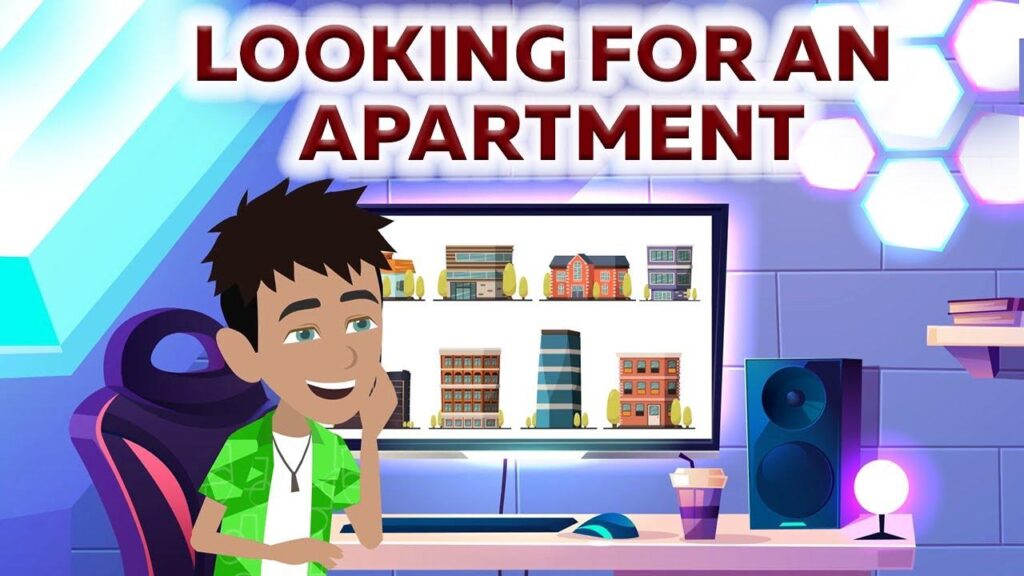Latey: Seeking Romance – Ethiopia’s Reality Show Provokes Debate
In a groundbreaking cultural shift, Ethiopia has embraced reality television with “Latey: Seeking Romance,” a dating series reminiscent of the well-known format of “The Bachelor.” As the show progresses, it has sparked lively discussions throughout the country, exposing entrenched societal norms and expectations regarding love, relationships, and women’s roles in Ethiopian culture. Detractors claim that the program reinforces stereotypes and commercializes affection, while advocates commend it for fostering open dialogues about dating in an increasingly modern society. This article examines the phenomenon of “Latey,” its influence on Ethiopian culture, the controversies surrounding it, and what it reveals about evolving notions of love and gender roles in contemporary Ethiopia.
Ethiopia’s Latey: A Journey Through Modern Love Amid Cultural Struggles
The global popularity of reality dating shows has made its way to Ethiopia through “Latey.” Set against a backdrop rich with Ethiopian heritage, this series boldly explores modern romance while navigating long-standing cultural traditions. Contestants grapple with balancing their quest for love against societal expectations, igniting conversations about what finding true affection means in a swiftly changing environment. Viewers are drawn to the contrast between traditional values and contemporary aspirations, prompting many to reevaluate their own views on relationships and marriage within Ethiopia.
Nonetheless, “Latey” is not without controversy. Critics contend that it risks undermining cultural traditions by promoting a shallow understanding of relationships.Key areas of concern include:
- Cultural Authenticity: Questions arise regarding how accurately Ethiopian customs are portrayed.
- Community Scrutiny: Participants face significant pressure from both family members and their communities.
- Youth Influence: There is ongoing debate over whether this show shapes young people’s perceptions of love and commitment.
A closer examination reveals that viewer reactions reflect complex dynamics between modern romance and deep-rooted customs. For instance, recent polling data showed mixed feelings among viewers: 45% expressed support for the show’s innovative approach to love while 32% voiced concerns over its cultural ramifications—highlighting significant tensions surrounding romantic pursuits in today’s Ethiopian society.
| “Latey” Viewer Perspectives | % Response | ||||||||||||||||||||||
|---|---|---|---|---|---|---|---|---|---|---|---|---|---|---|---|---|---|---|---|---|---|---|---|
| Supportive Viewers | 45% | ||||||||||||||||||||||
| Cultural Concerns Raised | 32% | ||||||||||||||||||||||
| No Strong Opinion | > | 23% td > tr > tbody > table > Controversial Effects of Reality Dating Shows on Traditional ValuesThe reality dating series “Latey: Seeking Romance” has become a divisive element within Ethiopian society,igniting fervent discussions regarding its impact on established values. Critics argue that such formats promote superficial connections while straying from local customs related to courtship and marriage practices. Many viewers worry that framing dating as competitive diminishes the seriousness associated with romantic commitments traditionally expected by families. Participants often viewed as role models may unintentionally set unattainable standards for relationships—challenging long-held societal definitions around love in Ethiopia. “Latey’s” supporters assert that this platform allows fresh perspectives on romance based on personal choice—a reflection of shifting generational attitudes toward marriage norms. They argue it empowers individuals to pursue affection independently rather than adhering strictly to arranged marriages’ constraints; though, this clash between tradition and modernization creates friction within communities leading to vital discussions about maintaining heritage amidst change.
ul > Expert Predictions Regarding Future Dating Shows In Ethiopia And Beyond!The realm surrounding dating shows continues transforming across Ethiopia garnering notable attention both domestically as well internationally. This dialog around these types programs suggests future iterations may embrace broader representations reflecting diverse experiences! Anticipated trends include: p >
|

